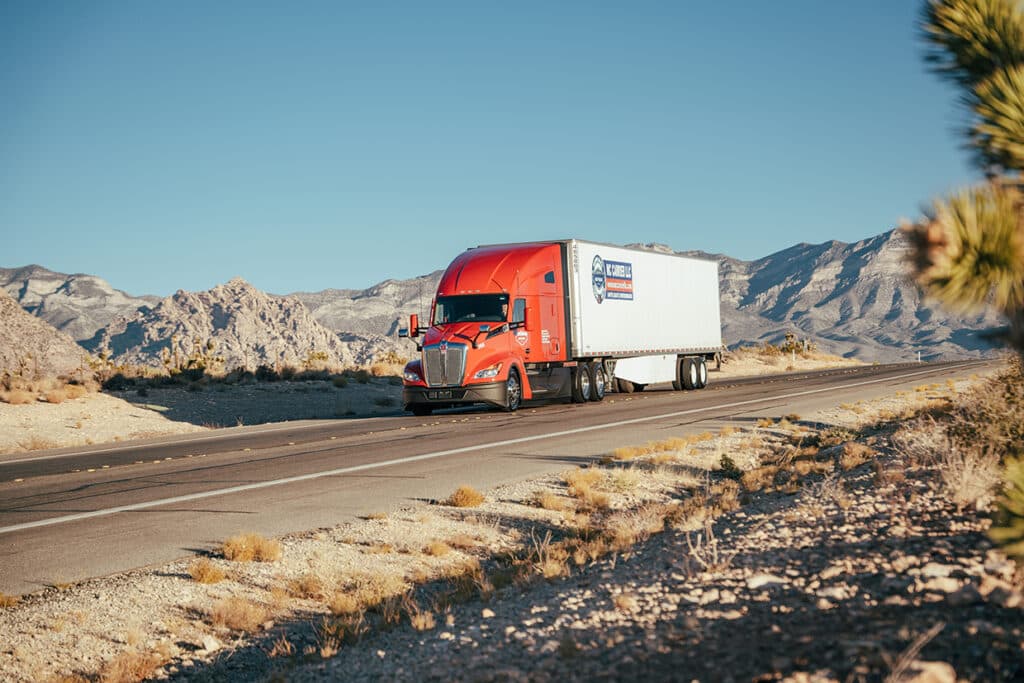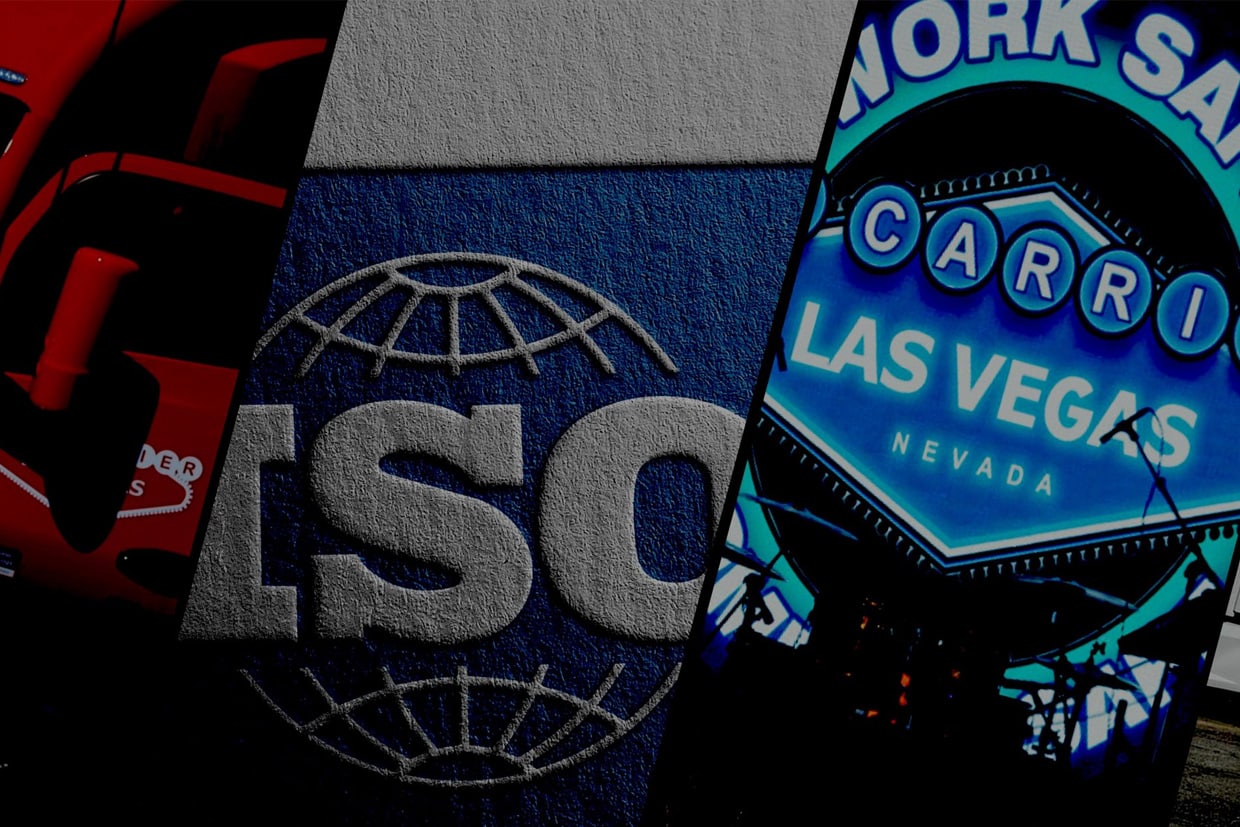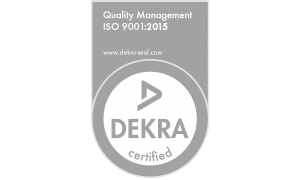At MC Carrier LLC we are experts in the freight shipping industry, so we understand how extra charges can impact businesses’ bottom lines and cause headaches for shippers. That’s why we’re here to share our knowledge and provide relevant tips to help avoid extra freight charges.
Through our years of experience, we’ve learned that understanding the shipping process, planning ahead, and choosing the right carrier and service level are key to avoiding accessorial fees. By properly packaging and labeling shipments, ensuring accurate documentation, and monitoring cargo throughout the process, businesses can minimize the likelihood of incurring extra charges and ensure a seamless shipping experience, which is the ultimate goal when shipping freight.
At MC Carrier, we believe that transparency and communication are essential to helping our clients achieve their shipping goals while keeping costs under control. By sharing these tips and insights, we hope to empower shippers with the knowledge and tools they need to navigate the freight shipping process confidently. After all, the more our clients know and understand, the better the experience will be for all involved.
Whether you’re a seasoned logistics manager or new to shipping, we’re here to support you every step of the way. So, let’s get into some of the ways you can optimize your shipping strategy and ensure a successful, cost-effective experience.
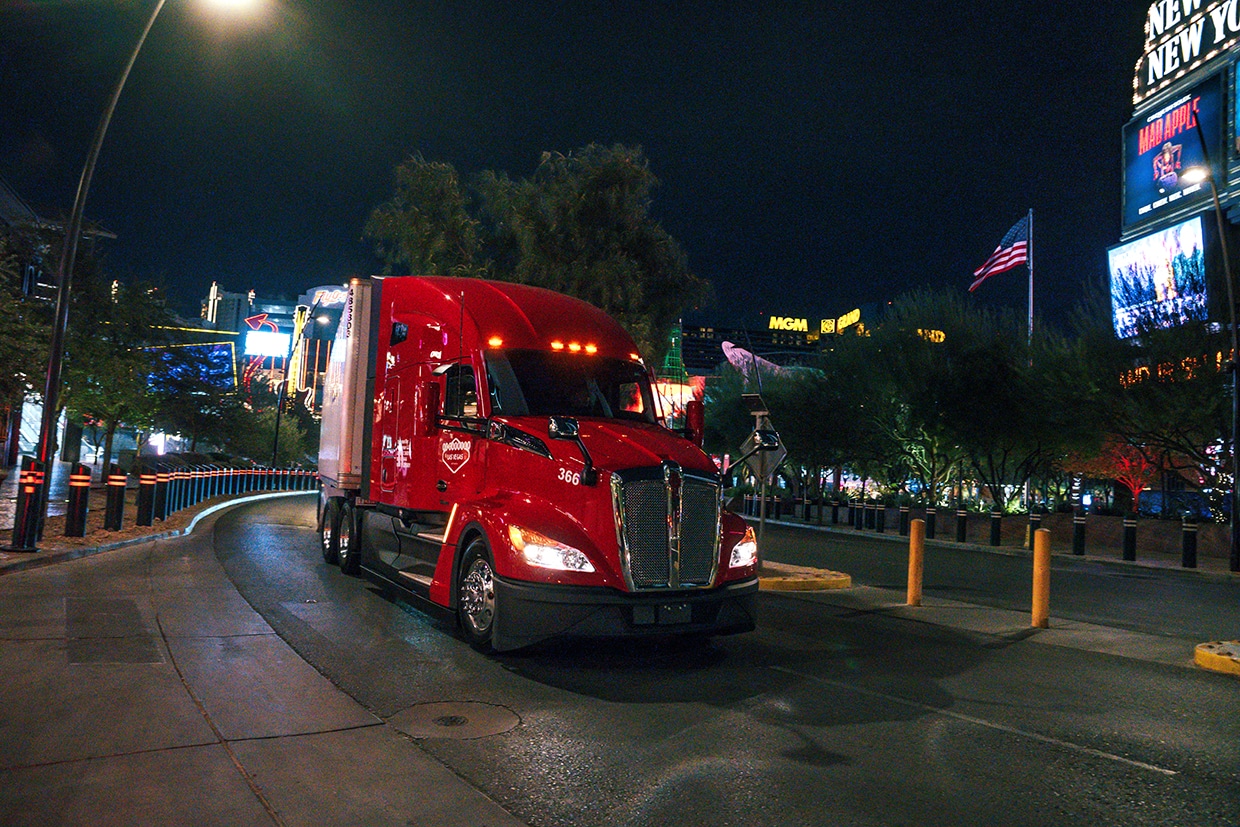
Understand the Freight Shipping Process
A lot of businesses think shipping is a standard procedure for pickup or delivery and don’t take the time to really understand all the logistics involved. Understanding the freight shipping process is essential to avoiding extra charges and ensuring a successful and stress-free shipping experience. At MC Carrier, we’ve helped countless businesses navigate the shipping process, and we’re here to share our expertise with you.
The shipping process typically involves three stages: pick-up, transit, and delivery.
Pick-up. During the pick-up stage, the carrier will collect the shipment from the shipper’s location and ensure that it is properly packaged and labeled. Depending on what you’re shipping, you may have to package and label your own freight, or the shipping company may take care of all the details of your shipment for you. It is also important to understand your pickup and delivery locations prior to booking your shipment. Not doing so could result in…you guessed it, an additional fee.
Another tip would be to spend the extra time and effort to measure and weigh your freight correctly. If you guess and hope for the best, you are very likely to pay extra charges when the company has to reweigh your cargo. It’s important to be as accurate as possible when measuring your freight. Include the length, width, height, and weight of your shipment. Doing this precisely is one of the best ways to reduce the likelihood of additional fees.
And finally, an important step in this process is to make sure the truck is loaded in a timely manner from the moment the driver arrived at the shipping facility. Typically, every shipper is given 2 hours to load a FTL (full truck load) and less for LTL shipments (less than truck load). If the loading process take longer than the free time allowed, a “detention pay” accessorial charge will be added to your shipment.
Transit. Transit refers to the time the shipment spends in transit from the pickup location to the destination. This process may seem straightforward, but if you have not been accurate in the measuring of your cargo, this process could end up costing you the most in extra fees. Depending on the freight class of your shipment, you may ship LTL (less-than-truckload) so your shipment shares truck space with other cargo. If you have a lot to ship, you may ship FTL (full truckload), which means your goods are the only freight in a truck. If you fail to record the dimensions of your freight accurately or you fail to classify certain hazardous materials according to the USDOT and FMCSA rules and regulations, you could be faced with significant delays and additional fees when you go to ship your freight.
Delivery. During the delivery stage, the carrier will deliver the shipment to the recipient, ensuring that it arrives safely and on time. In order to avoid further charges, it’s essential that you do your due diligence and review all details of your shipping invoice prior to delivery so you know of all fees that may have been applied. If there is an issue, it’s always best to be proactive rather than reactive.
Similarly, to the loading process, the unloading of the freight has to be done in a timely manner as well. The same time limits apply to unloading the truck as they do to loading. Failure to abide by those limits can result in detention charge.
It’s important to note that different types of charges can be incurred throughout each stage of the shipping process. Accessorial fees are additional charges that may be added to the base freight rate for services beyond the standard pickup, transportation, and delivery services. Detention charges are fees charged by carriers when your loading and unloading facility is delaying the loading and unloading of the trucks beyond a specified time limit. To avoid these charges, it’s important to properly plan and prepare for each stage of the shipping process.
By understanding the freight shipping process and taking steps to avoid surcharges, businesses can minimize the likelihood of incurring extra charges and ensure a successful, cost-effective shipping experience.

Avoid Surprises by Knowing Common Freight Accessorials
Freight accessorial is a fee charged by carriers for additional services or equipment needed to complete a shipment that goes beyond the standard pickup, transportation, and delivery services. These extra fees are often charged in addition to the base freight rate and can vary depending on the carrier, shipment type, and circumstances. These fees should be on your original shipping invoice.
Examples of freight accessorial fees include:
- Inside delivery fee: This is a fee charged when the carrier is required to deliver goods beyond the loading dock or front door of a facility. This could happen if the facility doesn’t have a dock, which means the shipping company has to find other means of delivering your freight. This could involve the need for additional equipment and manpower, thus resulting in additional charges.
- Liftgate fee: a fee charged when the carrier needs to use a liftgate to load or unload a shipment or pallet that does not have a loading dock or has limited access to one.
- Residential delivery fee: a fee charged when the shipment is delivered to a residential address instead of a commercial address. There is usually a fixed cost you will need to pay for residential delivery service.
- Fuel surcharge fee: This is an additional fee charged to cover the cost of fuel used to transport the shipment. This is one of the shipping fees you can’t avoid.
- Redelivery fee: a fee charged when the shipment is not delivered on the first attempt and needs to be rescheduled for another delivery attempt. This is easily avoided by being prepared for delivery. Of course, there are always circumstances that are out of our control, so it’s best to contact the carrier you’re working with to find out their policy on redelivery.
- Out of Route Miles: this charge applies when the original receiver refuses to accept the freight due to reasons beyond the carrier’s control and a delivery must be made at a different address.
- Driver Loading and Unloading: a typical carrier is responsible to pick up the freight and deliver it safely. The sipping and receiving facility are responsible to provide the manpower to load and unload the freight. If for any reason the driver is required to load or unload the freight or assist in the process, a separate accessorial charge will occur.
- Detention with tractor: this charge is used for whenever the truck, trailer and the driver are required to wait for loading ot unloading beyond a pre-set period of time.
- Stop off: A fee will be charged if you will add additional stops for the driver to make beyond the original stops the carrier agreed upon.
- Layover: Sometimes you will order a truck for one day, but by the time the truck arrives at your facility, your product is not ready for shipment. You are forced to delay the shipment for the next day in order to have all the product ready and the driver might have to spend the night waiting for the product. This will result in a layover charge.
It’s essential to understand accessorial fees when planning shipments so you can avoid any unexpected charges. In the event that you need special services, you can then factor them into the total cost of shipping. If you ever have questions about how to avoid extra charges, MC Carrier’s team would be happy to help you.
Plan Ahead to Avoid Additional Shipping Charges
Planning ahead is key when it comes to shipping LTL shipments to avoid additional shipping charges. Rush fees, late pickup fees, and delivery fees can quickly add up, resulting in unexpected costs for shippers. Insufficient time for required documentation can lead to additional fees or even delays in transit. Here are some strategies for ways to avoid accessorial charges in LTL shipping.
One effective way to plan ahead is to consolidate shipments. Consolidating shipments into larger loads can result in lower LTL rates, thus saving shippers money. Consolidating shipments can help avoid rush fees and ensure sufficient time for required documentation. By consolidating shipments, shippers can also reduce their carbon footprint and contribute to sustainability efforts. Who wouldn’t want to ship green and reduce their shipping rates?
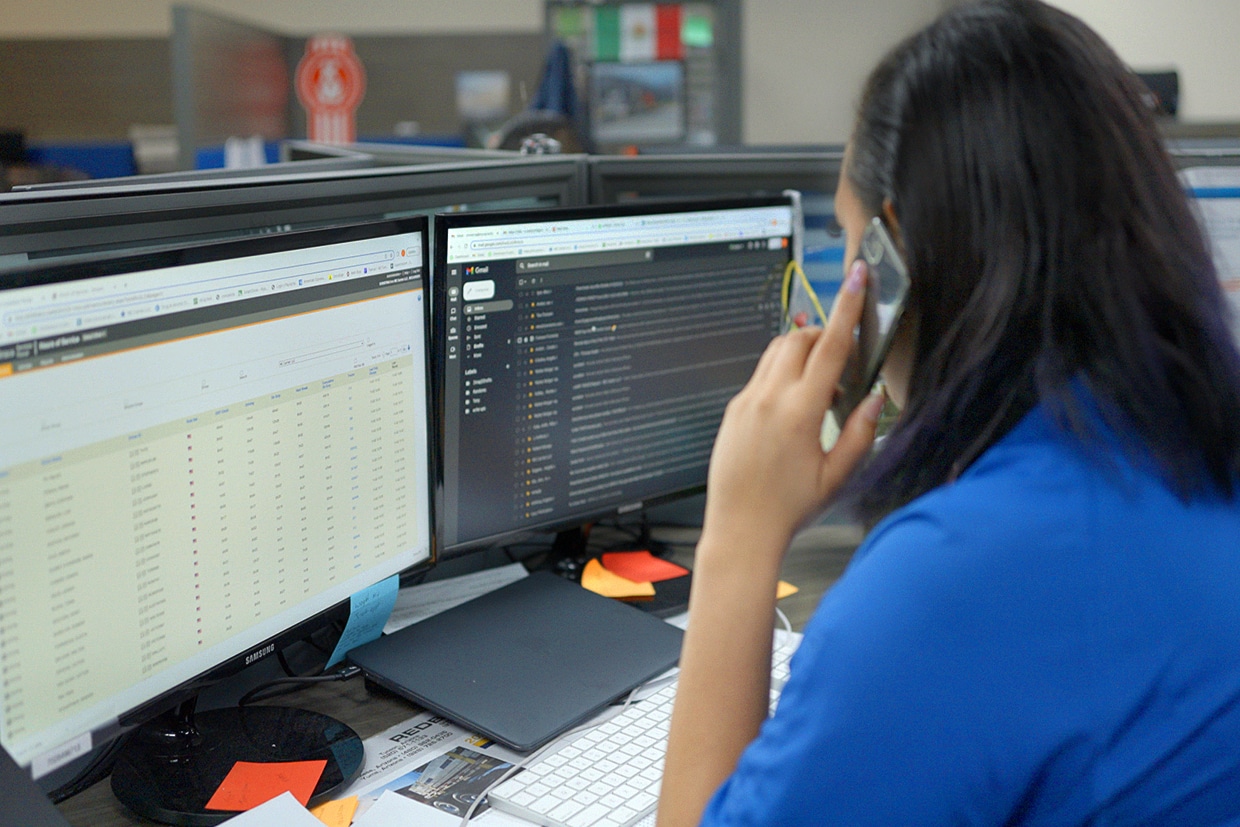
Have Accurate Documentation to Avoid Shipping Costs
At MC Carrier, we know that accurate documentation is key to a smooth and hassle-free shipping experience. Inaccurate or incomplete documentation can lead to delays and extra charges that no one wants to deal with. That’s why we’ve put together some tips to help ensure your documentation is accurate and up-to-date.
Always double-check all information to make sure it’s accurate and consistent across all documents. This includes details like shipper and receiver information, product descriptions, and weight and dimension measurements. Trust us, taking the time to double-check will save you a lot of headaches in the long run. If there is an issue, you can deal with it before the process begins.
Next, we recommend using electronic documentation whenever possible. Electronic bills of lading (e-BOLs) allow for real-time tracking of your shipment and reduce the risk of lost or misplaced paperwork. Plus, it’s better for the environment!
It’s also important to stay up-to-date with regulatory requirements. Compliance with customs and safety regulations is a must, so make sure you’re aware of any changes or updates to regulations that may affect your shipment. If you’re unsure of the regulations, contact your carrier who can help you find the correct information for your particular type of cargo.
Finally, be sure to provide clear instructions to shippers and receivers. This includes any special requirements, like specific packaging or labeling requirements, or if you’re shipping HAZMAT or oversized or overweight freight, to ensure accurate documentation and prevent any potential delays or fees.
By following these tips, you’ll be able to ensure accurate documentation and a smooth shipping experience. We hope you found these tips helpful, and as always, please don’t hesitate to reach out to us at MC Carrier if you have any questions or concerns!
Choose the Right Carrier and Service Level
Choosing the right carrier and service level can have a huge impact on your shipping costs and the likelihood of incurring extra charges. At MC Carrier, we want to help you make informed decisions that will save you time and money, so here are some tips to consider when choosing a carrier and service level.
It is always important to compare rates and transit times between different carriers. Keep in mind that the cheapest option may not always be the best choice, as cheaper prices may mean slower transit times which could result in delayed deliveries and additional charges. Similarly, the fastest option may not be necessary for all shipments, so consider the shipment’s characteristics and urgency when making your decision on which carrier to use.
Another essential factor to consider is the level of service offered by the carrier. Different carriers may offer different levels of service, such as guaranteed delivery dates, weekend delivery, or specialized handling for fragile or hazardous shipments. Choosing a shipping company that offers the right level of service for your shipment can help ensure its safe and timely delivery plus avoid extra shipping costs.
It’s also important to check the carrier’s reputation and track record. Look for carriers with a proven track record of reliability and customer satisfaction and check online reviews and ratings for additional insights.
Consider any common freight charges or surcharges that are part of the shipping process with the carrier or service level you choose. For example, carriers may charge additional fees for residential deliveries, oversized or overweight shipments, or fuel surcharges. Make sure you understand these common accessorial fees and factor them into your decision-making process.
By taking the time to compare carriers and service levels and considering these factors, you can make informed decisions that will save you time, money, and headaches in the long run. At MC Carrier, we’re committed to helping you navigate the complexities of shipping and finding the right solutions for your business.

Use Proper Packaging and Labeling for Fewer Freight Costs
At MC Carrier, we want to help you avoid extra fees whenever possible, and one way to do that is by using proper packaging and labeling. Improper packaging and labeling can not only result in extra charges but also cause delays in transportation, which can be frustrating for everyone involved. Here are some tips to help you ensure proper packaging and labeling for your shipments:
- Follow Guidelines. Another way to avoid overpaying is to follow guidelines for packaging and labeling. Each carrier may have its own specific requirements, so be sure to review these guidelines carefully and follow them closely. This includes details such as weight limits, packaging materials, and label placement.
- Use High-Quality Materials. Another of our ways to avoid extra charges is to use proper packaging materials and labeling. Investing in sturdy boxes, proper cushioning materials, and correct labels can help ensure your shipments arrive at their destination in good condition. It’s worth the investment to avoid potential damages or delays caused by poor-quality materials.
- Know the Rules for Your Cargo. Another important factor to consider is the type of product being shipped. Fragile or hazardous items may require special packaging and labeling considerations, so be sure to review the LTL freight carrier guidelines and regulations for these types of shipments.
- Proper labeling. To avoid surprise charges in freight shipping costs, use correct labeling methods. Be sure to include all necessary information on the label, such as the recipient’s address, your return address, and any special handling instructions.
- Do a Final Check. it’s a good idea to double-check your packaging and labeling before shipping. Take the time to ensure all labels are legible and securely attached and that your packaging is sturdy and properly cushioned.
By following these tips for proper packaging and labeling, you can learn how to avoid extra costs and ensure a smooth transit experience for your shipments. At MC Carrier, we want to help you find the best shipping solutions for your business, and proper packaging and labeling are a vital part of that process.
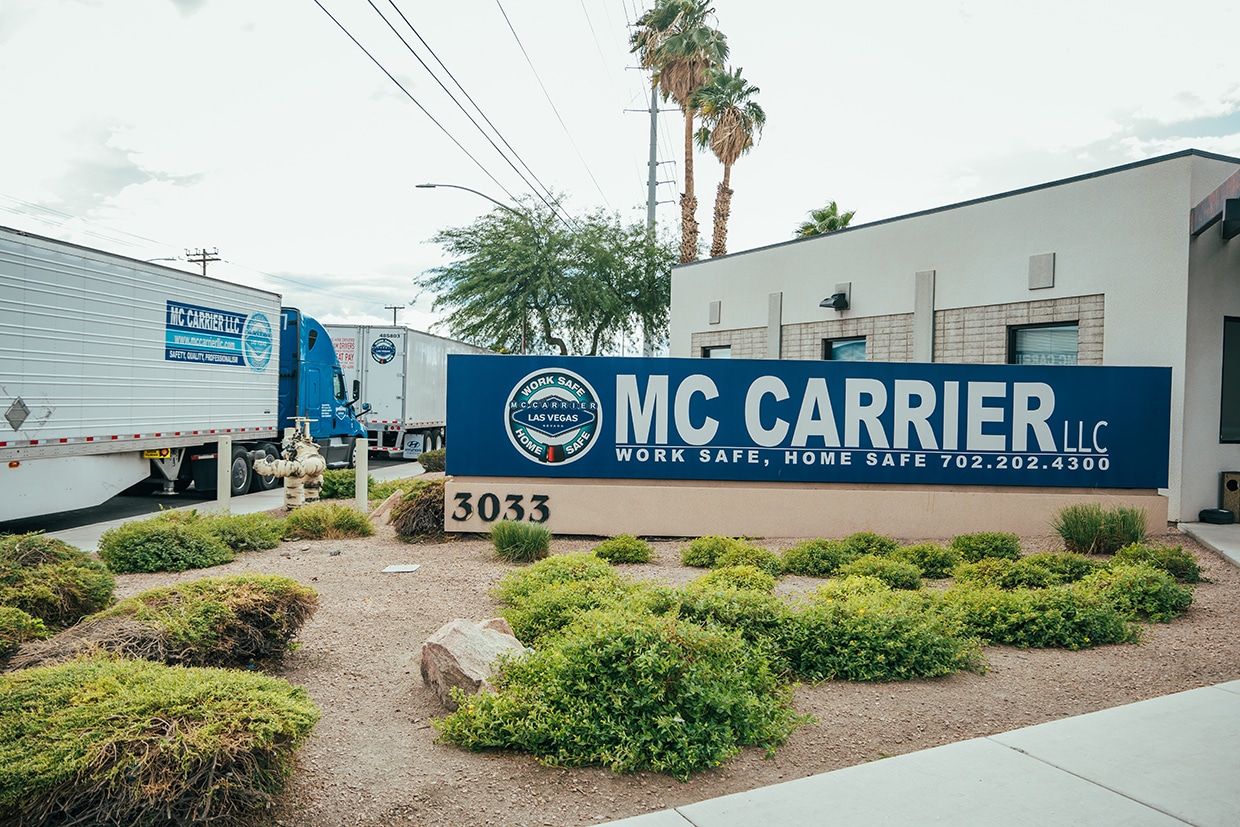
MC Carrier LLC. A Reliable Freight Shipping Company
At MC Carrier LLC, we’re committed to providing reliable and affordable freight service and get your goods from point A to point B. We know that unexpected freight charges can be frustrating, which is why we’ve shared some tips to help you avoid them.
First, plan ahead to avoid rush fees and ensure accurate documentation. Next, choose the right carrier and service level, and consider consolidating shipments to save money. Don’t forget to use real-time tracking and proper packaging and labeling to ensure your shipments arrive on time and in good condition.
We hope that these tips will help you streamline your shipping processes and avoid those pesky extra charges. We are one company you can count on to provide reliable and cost-effective shipping solutions for your business needs. We provide service that goes beyond your expectation every time you ship with us.
So what are you waiting for? Put these tips into action and see the difference they can make in your freight shipping experience. Contact us today to learn more about how we can help you save time and money on your next freight shipment.

